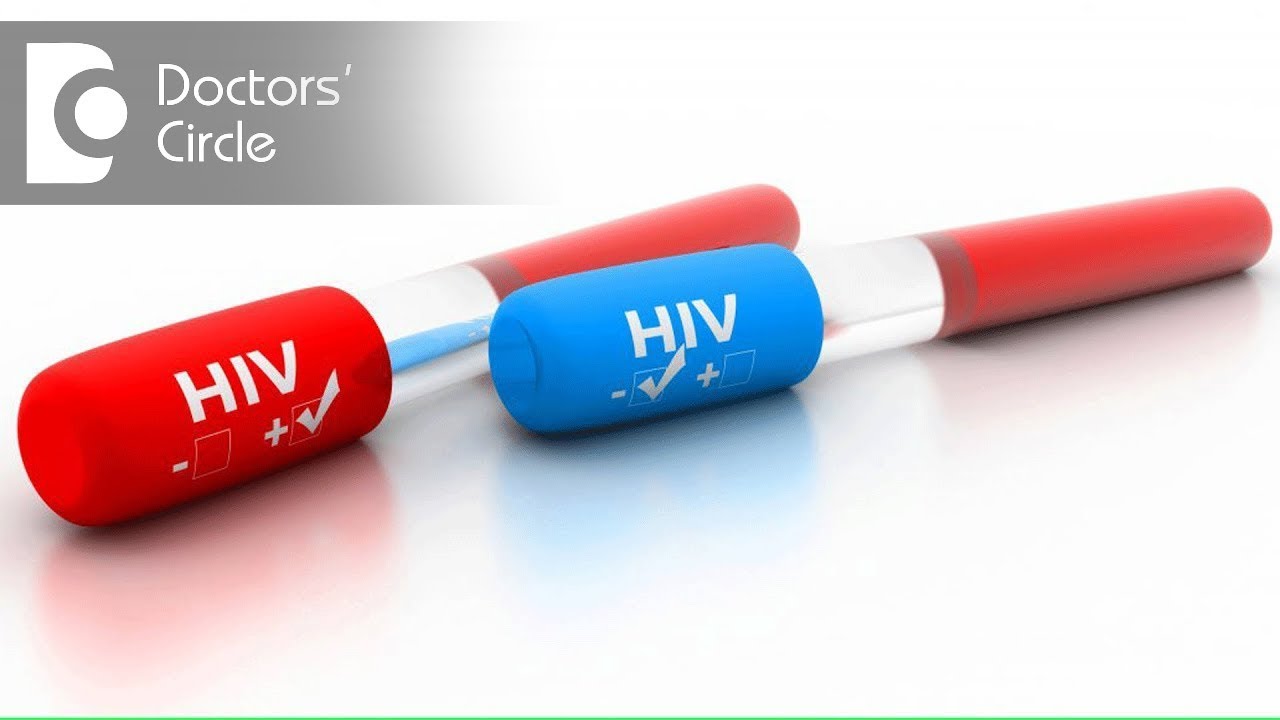After unprotected sex, risks of HIV & behaviour preventing HIV- partner? – Dr. Ashoojit Kaur Anand
The risk of transmission by unprotected sex varies from the type of sex from a person to another person and the risk of transmission through unprotected sex in a man is about 4 in 10,000 thousand that is if a man has sex with an HIV positive female partner the risk of him getting HIV is 4 times in 10,000 times and if it is a woman having sex with a person or a man who is HIV positive, she has a risk of getting HIV 8 in 10,000, that is double that of a man and for people who have anal sex ,the receptive partner or the bottom partner has the chances of 138 times in 10,000 times that is way higher in penile , vaginal sex and insertive partner or the top partner has a risk of 11 times in 10,000 times. That means if a person has sex 10,000 time the risk could be that 11 times he could get HIV. So that is the risk of transmission through different types of sex . Oral sex has very low risk of transmitting infection and what type of sexual act should be avoided is that any act should be a protected sex, that is a use of a condom or if you are aware of the status of your partner, and if your partner is positive, then make sure that the partner is on appropriate treatment or regular treatment and is on a regular follow up with a doctor to know his viral load to know if his medicines are working well, which would further make the risk of transmission almost zero or zero if his viral load is undetectable and any act whch causes injury to a part will increase the risks of transmitting HIV infection so any forceful act would result in injury and this would increase the risk of transmitting HIV or if a person has a sexually transmitted infection like syphilis, chlamydia or gonorrhoea, this would increase the chance of getting HIV. So please see your specialist or an expert in HIV and ask for help and get treated or start treatment immediately if you are positive to prevent your partner form becoming positive.



![[ID: Hx_A0iLhdr8] Youtube Automatic](https://bizimtube.com/wp-content/uploads/2021/03/id-hxa0ilhdr8-youtube-automatic-236x133.jpg)
![[ID: lp7w0UmpuIs] Youtube Automatic](https://bizimtube.com/wp-content/uploads/2021/03/id-lp7w0umpuis-youtube-automatic-236x133.jpg)
![[ID: s2-7T1TH-lY] Youtube Automatic](https://bizimtube.com/wp-content/uploads/2021/03/id-s2-7t1th-ly-youtube-automatic-236x133.jpg)
![[ID: b_lakC9M4UQ] Youtube Automatic](https://bizimtube.com/wp-content/uploads/2021/03/id-blakc9m4uq-youtube-automatic-236x133.jpg)
![[ID: r44yl6nPONs] Youtube Automatic](https://bizimtube.com/wp-content/uploads/2021/03/id-r44yl6npons-youtube-automatic-236x133.jpg)
![[ID: pAwto1YQjA8] Youtube Automatic](https://bizimtube.com/wp-content/uploads/2021/03/id-pawto1yqja8-youtube-automatic-236x133.jpg)
![[ID: XETG8azHiv4] Youtube Automatic](https://bizimtube.com/wp-content/uploads/2021/03/id-xetg8azhiv4-youtube-automatic-236x133.jpg)
![[ID: f3G_-S_2HUk] Youtube Automatic](https://bizimtube.com/wp-content/uploads/2021/03/id-f3g-s2huk-youtube-automatic-236x133.jpg)
![[ID: G8oWns54snA] Youtube Automatic](https://bizimtube.com/wp-content/uploads/2021/03/id-g8owns54sna-youtube-automatic-236x133.jpg)
![[ID: s0lIFXhu6aw] Youtube Automatic](https://bizimtube.com/wp-content/uploads/2021/03/id-s0lifxhu6aw-youtube-automatic-236x133.jpg)
![[ID: 4UTd2Ev8eYg] Youtube Automatic](https://bizimtube.com/wp-content/uploads/2021/03/id-4utd2ev8eyg-youtube-automatic-236x133.jpg)
![[ID: RKBGBjVJBxQ] Youtube Automatic](https://bizimtube.com/wp-content/uploads/2021/03/id-rkbgbjvjbxq-youtube-automatic-236x133.jpg)